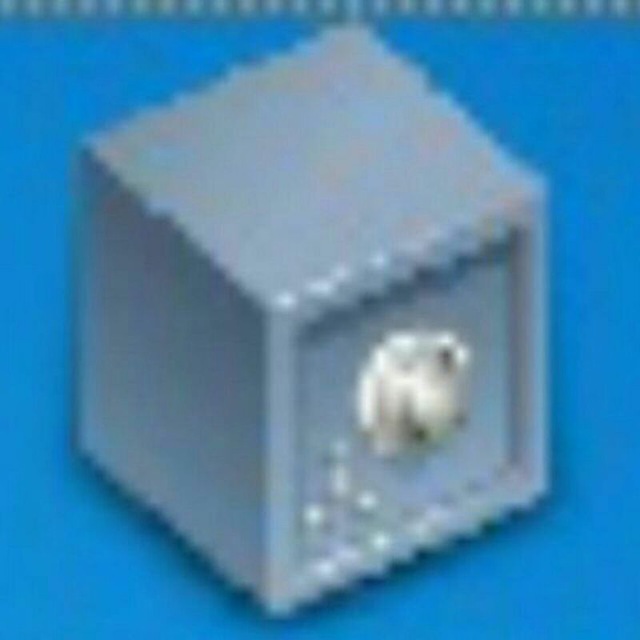Next winter, we will have a quilt crisis!
Let’s start with a classic and famous story. It was autumn and the Indians asked the new chief of the tribe if the coming winter would be cold or not. Since the new chief was from the generation of the modern society, he had not learned anything from the ancient secrets of the Indians. Looking at the sky, he could not tell what the winter would be like. Therefore, in order to be cautious, he told the tribesmen that this winter will be cold and they should collect firewood.
A few days later, an idea came to him. He went to the telephone center and called the meteorological office and asked: Will this winter be cold? The meteorologist answered: It seems that this winter is really cold. The new chief returned to the tribe and told his men to store more firewood. A week later, he asked the meteorological center again: Do you still think that we have a cold winter ahead? The expert answered: Yes, the weather will be brutally difficult.
The chief returned to the tribe and ordered the tribesmen to collect any pieces of firewood they could find. The week after that, he asked the Meteorological Department again: Are you absolutely sure that this winter will be very cold? The expert answered: Definitely and it seems that this winter is one of the coldest winters that this region has seen.
The head of the tribe asked: How can you be so sure? The meteorologist answered: Because the Indians are madly gathering firewood.
Strategic analysis and prescription:
In the literature of future studies and strategic thinking, there is an interesting concept called “fulfilling prophecy” or self-fulfilling prophecy. A prophesying is a type of foresight that directly or indirectly causes its own connection to occur. This phenomenon is caused by the two-way relationship between belief and behavior. Sometimes the belief that an event will occur in the future causes that event to occur in reality. Let’s pay attention to the subtle point here that Kambakhsh’s prophecy is not right from the beginning. Rather, this prediction leads to behaviors that ultimately turn the false belief into reality.
Let us look at the national issue of “transition from sanctions” from this point of view; Sanctions have two dimensions. One dimension of sanctions is “hard economic restrictions”; including the restrictions that are created in our banking, insurance and commercial system. But the second and more important aspect of sanctions is “psychological soft games”. It may not break the economic restrictions of a country. But mental games will definitely do that.
In the second dimension of sanctions, the image of the future is presented as more distorted, more ambiguous and harder than what it is (believe me: they tell us that the weather will be brutally cold!). Each of us starts buying quilts for the coming winter (emotional behavior). When we go to the market, we see that quilt sales have doubled (reinforced belief). So we buy two quilts instead of one (reactive irrational behavior) and when we get home we hear on the news that people have rushed to buy quilts (collective misbelief storm) so we feel like we’ve undersold, then again We go to the market to buy. We see that the quilt is not in the market. what do we do We turn to the black market. We buy quilts at three times the normal price and stock them in our warehouses. We fight in the queue to buy quilts. We knife and knife. We are forced to smuggle quilts and thousands of other miseries. In the same way, the quilt becomes a crisis!
The sanction is serious. Very serious! Men’s governments should design, announce and implement reassuring practical solutions to “hard economic constraints”. But apart from that, each and every one of us should not fall into the trap of soft psychological games and quilt crisis!
Mojtaba Lashkar Baloki
@ HesabdarAP
This post is written by zmohammadi63
